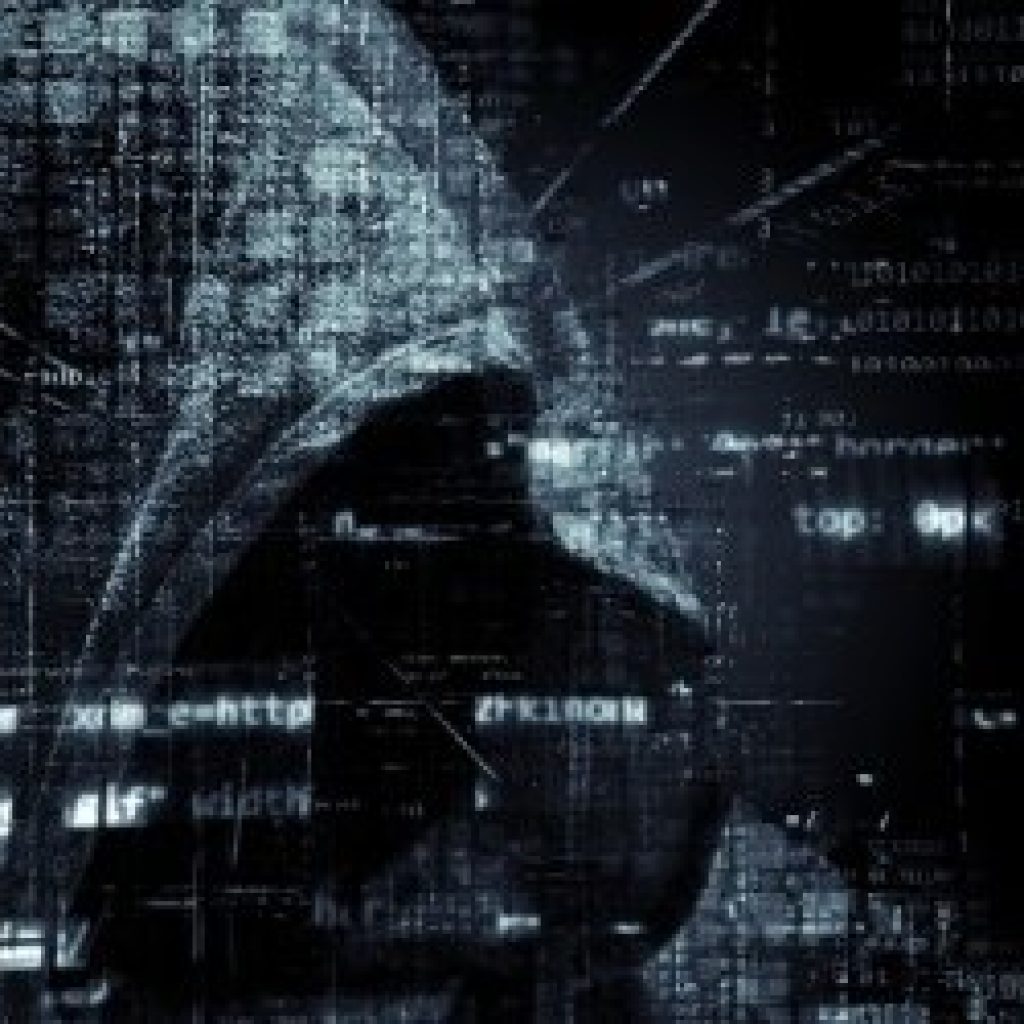(ScienceDaily) Zhaonan Zhang from Shaanxi Normal University, Xi’an, China, and colleagues have provided a much finer characterization of the distributions of entanglement in multi-qubit systems than previously available. These findings can be used in quantum cryptography to estimate the quantity of information an eavesdropper can capture regarding the secret encryption key.
At the quantum scale, a given qubit can only be entangled with one other qubit; this unique trait is referred to as monogamy of entanglement. However, there is also another kind of entanglement, called polygamy, in which qubits display partial entanglement with several qubits at the same time. Better controlling quantum entanglement could help to improve quantum teleportation, the development of quantum computers, and quantum cryptography.
In this study, the authors develop a series of equations explaining the conditions for monogamy and polygamy, which are much better characterized than in previous work.
Quantifying How Much Quantum Information Can Be Eavesdropped
